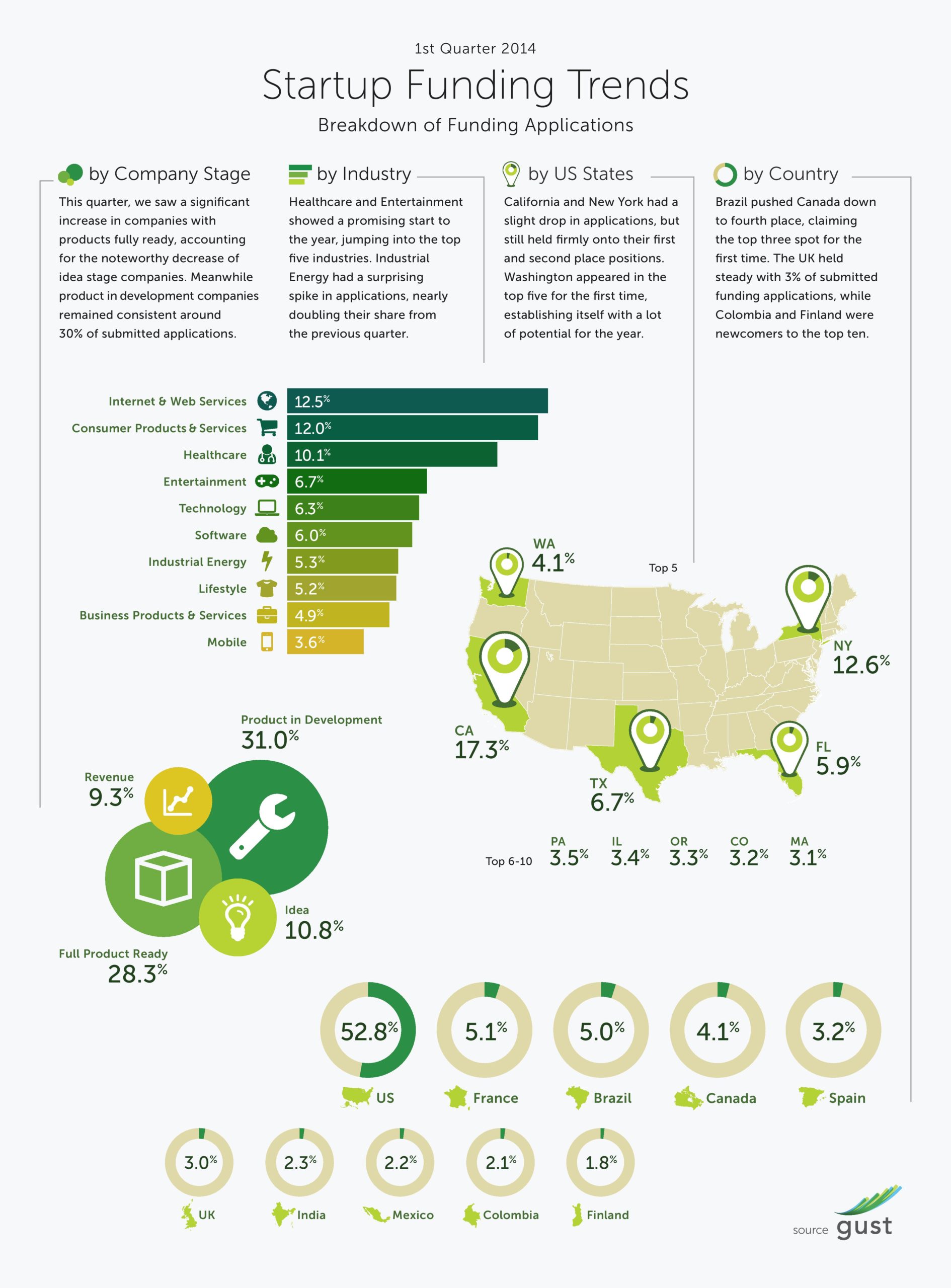 By Paul Proffitt, SunDown RunDown founder
By Paul Proffitt, SunDown RunDown founder
Venture capitalists, your days are numbered. This isn’t a threat leveled by me. It’s not even an original idea of mine, but the writing is on the wall. Something new (actually old) is starting to take root and it’s not crowdfunding or crowdsourcing that will be your replacement. It’s something that goes back before the colonies—its bartering. Actually a newer spin on bartering—venture resources (VR).
Venture resources is simpler than venture capital. It potentially lets an owner retain more equity, be flexible with how they spend their cash, and actually spend time building their companies and working on generating cash flow, as opposed to sitting through their billionth pitch trying to raise capital while their window to launch quickly closes on them.
So, what is VR? VR is simply a group of entrepreneurs working together, trading on each other’s skills and services to collaboratively grow their businesses. Say you are trying to launch a retail line of clothing, something a VC wouldn’t generally touch, and you need a website, a media campaign, and space to launch your line. Well, you can trade equity with a web designer in your network, or perhaps the marketer who writes your campaign has an A/R note with a bit of interest built in that will be paid when you start selling your line, and maybe the landlord has a nice coworking or makerspace to help keep your space costs low. The result, total capital required is lowered and that ‘solopreneur’ now has three people who have a vested interest and want to see that entrepreneur succeed so that they can get paid.
It’s collaborative capitalism, and it is a very beautiful thing. It turns out that startups competing for a very limited resource, VC funding, is really a big waste of time for them. I mean, you have even said that you are looking for teams of people who can execute, who can innovate, be creative, and think outside of the current norms. Well, guess what? They took your advice. What do you do when a market is not efficient at doing what it’s supposed to do? Another market gets created and rises up to replace it. Guess what VCs are actually very inefficient at? Investing in startups. Weird, right?
Really, what better alternatives are out there? Accelerators are just low-cost shakeout programs to find a high growth investment vehicle; which has been a mixed bag with lower than expected outcomes. Incubators on average have under three percent graduation rates, so not a big generator of sustainable companies. People are already looking for alternatives to incubators and accelerators because those alternatives, like coworking and makerspaces, are delivering on the entrepreneur’s expectations. What happens to VCs when people figure out a better way to get the capital they need to grow their companies?
So, what do you do to not be relegated to the land of buggy whip makers? It would be silly to open up the checkbook and start making bets on everyone that came to you with an idea. But what happens when you tie in with a venture resources network? What happens when you mix interconnected talent and collaboration with a little bit of cash to get people over one milestone and then the next and then the one after that? What gets created? It’s not a risk adjusted portfolio of companies with each standing alone trying to get to scale and get a high valuation for a quick exit. It’s an ecosystem of companies and people that rely on each other to build value, collaboratively work together to insure each other’s success, efficiently use human capital and risk capital to create jobs, expand the tax base, return reasonable returns, and very effectively lower overall risk of company failure. Wait…that sounds like a well-functioning economic base.
It’s time that we move away from the race to the highest valuation to reviving the old Smith Barney marketing slogan of: “We make money the old-fashioned way—we earn it.”
But then again, what do I know?
# # #
Paul Proffitt founded SunDown RunDown in March of 2013. He also runs the Central Ohio Chapter. He has a background in higher ed, data analysis, business development and digital marketing. Proffitt has worked on a number of startups and was involved with two, now defunct, incubators in the late-1990s in Central Ohio. Proffitt volunteers for the OSU Business Plan Competition as a judge and mentor.












